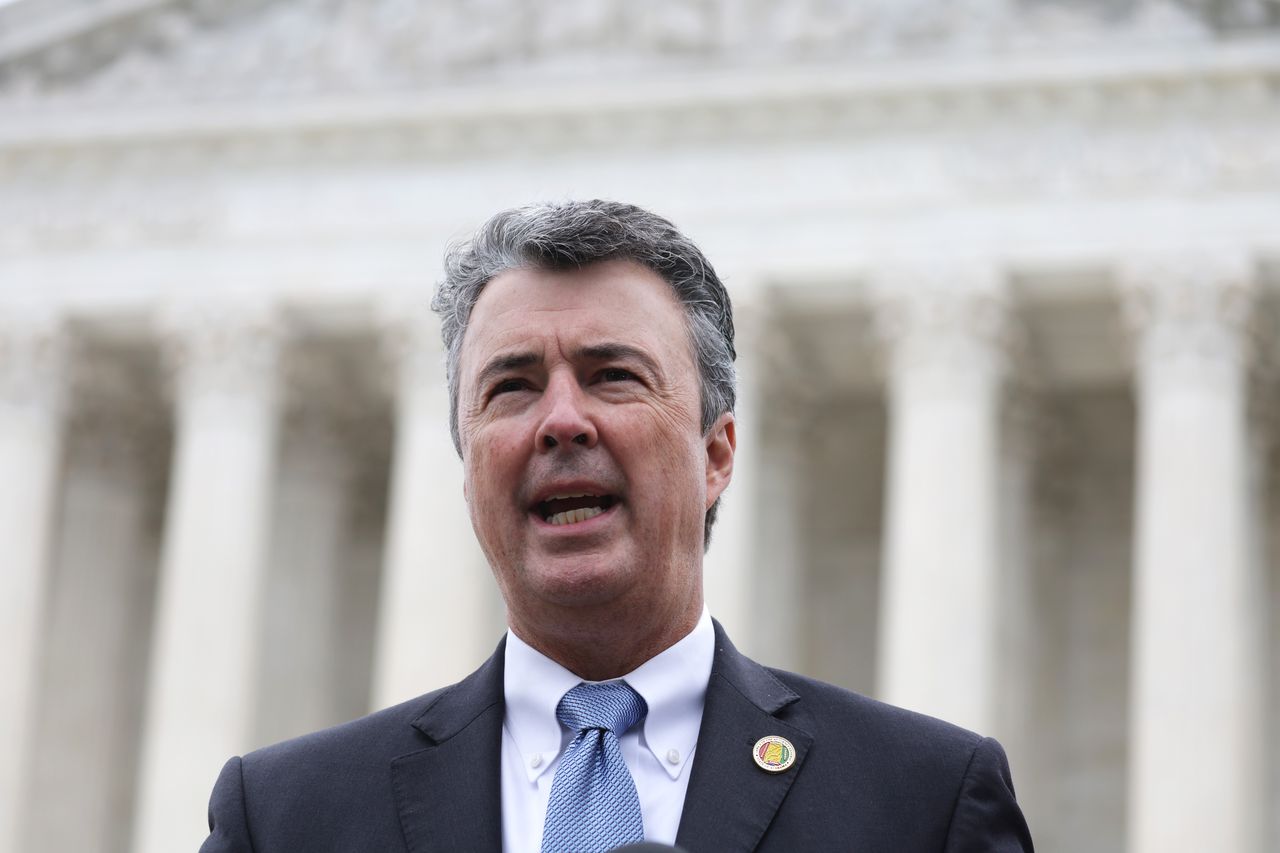Alabama AG urges feds to reverse abortion pills decision
Alabama Attorney General Steve Marshall joins chief legal officers from 21 other states in a letter to the head of the Food and Drug Administration, slamming a federal rule change that makes it easier to get abortion pills.
The letter to FDA Commissioner Robert Califf follows the Jan. 3 finalization of a change that broadened the availability of abortion pills to pharmacies. The change allows brick-and-mortar and mail-order pharmacies to dispense mifepristone and misoprostol, two drugs used in more than half of abortions in the United States.
In the letter, Marshall and other attorneys general urge the FDA to reverse its decision.
“The Food and Drug Administration’s decision to abandon commonsense restrictions on remotely prescribing and administering abortion-inducing drugs is both illegal and dangerous,” the letter says. “In direct contravention of longstanding FDA practice and congressional mandate, the FDA’s rollback of important safety restrictions ignores both women’s health and straightforward federal statutes. We urge you to reverse your decision.”
The Biden administration partially implemented the change regarding abortion pills in February 2022. The recently finalized rule change “formally updates the drug’s labeling to allow many more retail pharmacies to dispense the pills, so long as they complete a certification process,” according to a report from the Associated Press.
Before the change, people using medication for abortions had to pick it up at specialty clinics. Officials at the U.S. Department of Justice issued an opinion that carriers with the U.S. Postal Service could deliver pills in states that banned abortion. The new rules will expand access through telehealth and mail-order pharmacies but could set up clashes with anti-abortion states such as Alabama.
RELATED: Roe v. Wade: Alabama AG Steve Marshall halts abortions, says state ‘protector of unborn life’
Marshall is among a coalition of lawmakers uniting to condemn the FDA’s actions, according to the letter released Friday. The list includes attorneys general in Alaska, Arkansas, Florida, Georgia, Idaho, Indiana, Iowa, Kentucky, Louisiana, Mississippi, Missouri, Montana, Nebraska, Ohio, South Carolina, South Dakota, Tennessee, Texas, Utah, West Virginia, and Wyoming.
“The authority to regulate abortion lies with the people and their elected representatives,” the letter says. “In our states, we prioritize the health and safety of women and children and our laws reflect this. And in many states, including Alabama, elective abortion is illegal.”
This isn’t the first time Marshall has expressed strong opposition to the use of abortion pills. Earlier this week, Marshall said women in Alabama who use abortion pills to end pregnancies could be prosecuted under the chemical endangerment law. However, he appeared to walk back those comments shortly afterward.
“The Human Life Protection Act targets abortion providers, exempting women ‘upon whom an abortion is performed or attempted to be performed’ from liability under the law,” Marshall said Jan. 10 in an emailed statement. “It does not provide an across-the-board exemption from all criminal laws, including the chemical-endangerment law — which the Alabama Supreme Court has affirmed and reaffirmed protects unborn children.”
In 2019, Alabama Gov. Kay Ivey signed the Human Life Protection Act, which banned abortion except in cases where the mother’s health is in danger. That law went into effect when the U.S. Supreme Court struck down Roe v. Wade last summer.
The law specifically states that women receiving abortions cannot be held criminally liable.
On Jan. 11, TV station WSFA published an interview with Marshall where he said law enforcement would not go after women who take abortion pills but could pursue charges against people who provide the medications.
“Again, not targeting the woman herself, but in fact, targeting those providers to induce the abortion,” Marshall told WSFA.
AL.com reporter Amy Yurkanin contributed to this article.
